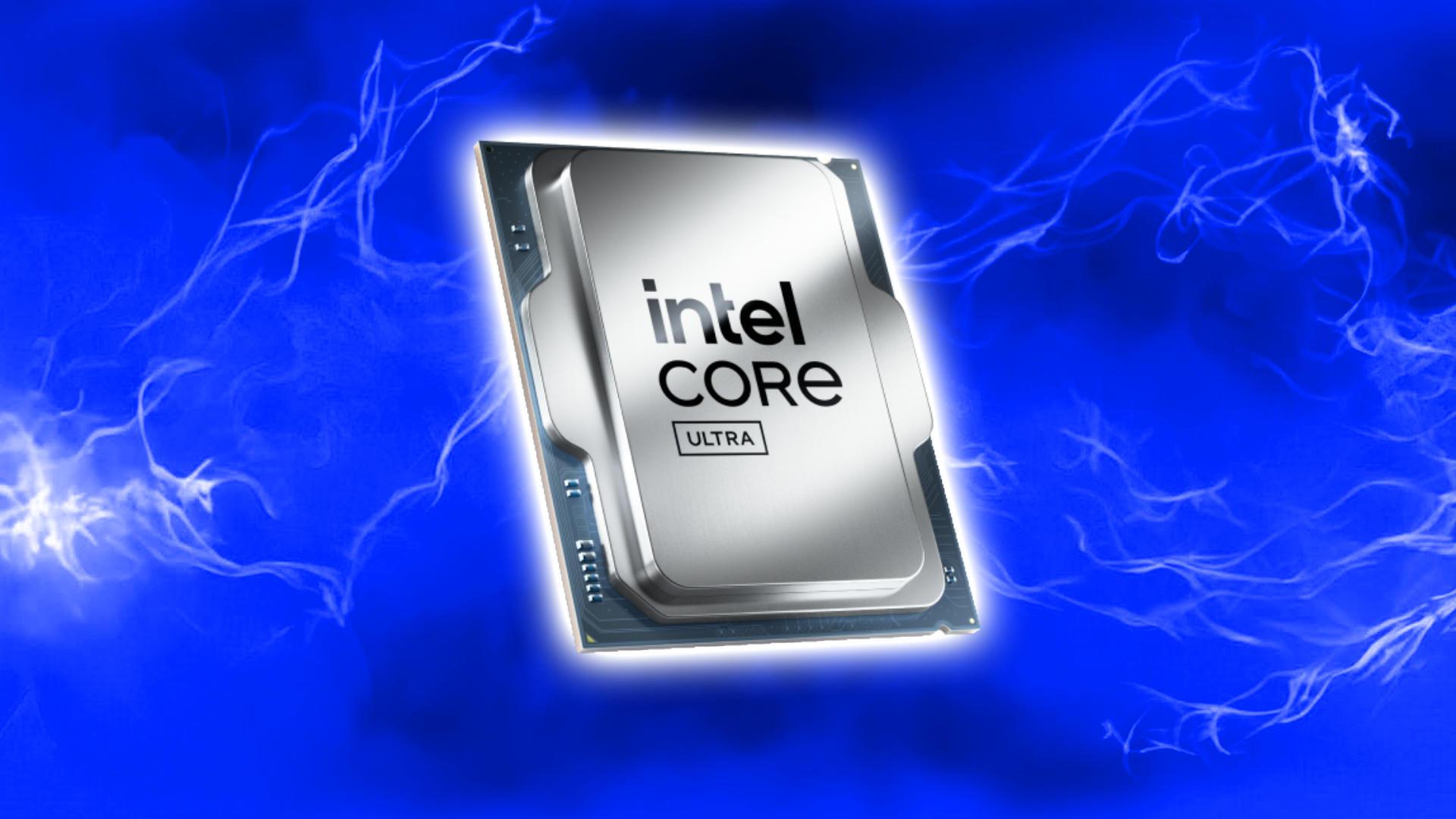
Rumors have been spreading for months of a refreshed Intel CPU lineup based on its most recent Arrow Lake series. Initially it was believed these chips would bring some big upgrades to its beleaguered desktop CPUs, but a new leak suggests that Intel is planning only a modest upgrade to its Intel Core Ultra S and HX CPUs instead.
As our Intel Core Ultra 9 265K review shows, we weren't particularly impressed by the first wave of Intel Arrow Lake CPUs. Our tests showed that Intel simply couldn't compete with AMD's X3D chips when it comes to gaming performance. As such, AMD's X3D offerings continue to dominate our best gaming CPU guide. Arrow Lake performance updates have improved the situation for Intel gamers since launch, but a narrower refresh to its Core Ultra lineup suggests a revolution in Intel CPU gaming performance isn't just around the corner.

This new leak comes from regular Intel leaker jaykihn0 in a post on X (formerly Twitter). In the post, jaykihn0 suggests that the Arrow Lake refresh will only affect its S and HX series CPUs, aimed at the desktop CPU and high-performance mobile CPU market.
Describing the leak as "preliminary," jaykihn0 suggests that the refresh will only focus on boosting clock speeds and won't, despite earlier reports to the contrary, include changes to the neural processing unit (NPU) for improved AI performance.

That's bad news for local AI users, but also for the market as a whole, including gamers. A bigger, more expansive refresh is arguably needed if Intel hopes to compete with AMD and potentially drive down gaming CPU prices.
Right now, the company doesn't have a good enough answer to 3D V-cache, which has lead to a huge swing in gaming PC buyers choosing AMD CPUs over Intel ones. Quite simply, the additional L3 cache provided in its X3D chips have allowed AMD chips like the AMD Ryzen 7 9800X3D to provide much higher frame rates.
Higher clock speeds are welcome enough, but are unlikely to deliver the epoch-changing performance in gaming that Intel needs to regain the crown. As jaykihn0 themselves note, however, this is all "preliminary" and without any confirmation from Intel, so take this news with a grain of salt.
Your CPU performance isn't the only way to stop your games from feeling slow to run. If you're thinking about upgrading your PC memory, for instance, you might want to check out our best RAM guide next, which has options from a range of top gaming manufacturers.
You can also follow us on Google News for daily PC games news, reviews, and guides. We also have a vibrant community Discord server, where you can chat about this story with members of the team and fellow readers.



